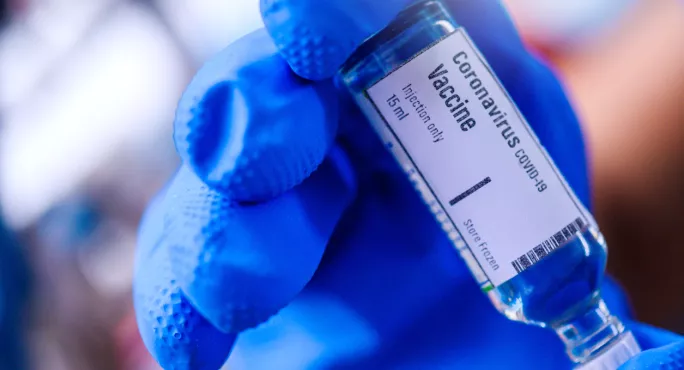A scientist leading an independent group of advisers on how to prevent the spread of coronavirus has said the possibility of having an effective, test, track and trace system in place for the planned reopening of schools is “virtually nil”.
Sir David King, the former chief scientific adviser who chairs the “Independent Sage” committee, was speaking at a public forum today on the reopening of schools and said there was almost no possibility the government would have a track and trace system in operation by 1 June.
Coronavirus: Track and trace needed for school openings, says Sage
Related: 1 June ‘too soon’ to open schools, say top scientists
Sage: Half-class rotas ‘safest way to keep R rate down’
The news comes after the government’s Scientific Advisory Group for Emergencies (Sage) revealed that it believes a test, track and isolate system should be established before schools are reopened more widely.
Speaking on the forum in answer to Kevin Courtney, joint general secretary of the NEU teaching union, Sir David said he did not think it likely that one of the NEU’s five tests would be met by 1 June - that there should be much lower numbers of coronavirus cases, and that the government should “have extensive arrangements for testing and contact tracing to keep it that way”.
Coronavirus: The importance of test, track and trace for reopening schools
Sir David said: “I think the chances of this being ready on 1 June - the test, track and isolating programme - are virtually nil at the moment, and we also consider that is a major test for any school to be reopened.”
Professor Karl Friston, of University College London, said that an effective track and trace policy could remove the need for social distancing in schools.
“That analysis is completely endorsed by the modelling,” Professor Friston said. “If you were to get an effective track, trace protocol in place over the next month or two, by September the prevalence of infection in theory should be sufficiently low that you may not even have to worry about social distancing at school.
“So I’m speaking against the slight meme that we’re going to be in a situation for years to come because there’s always a latent rebound that’s going to hit us in the face as soon as we relax any of these policies.
“That’s not the only view - there is another view, which is becoming increasingly prevalent, that there is a long-term risk as we slowly lose immunity, and forget about the first wave of infections, but for the next few months there’s going to be a progressive decline in the prevalence of infection, to the extent it may well be that by autumn there is just no need for class sizes of 15.
“So I think a lot of discussion and the difficult decisions really speak to what to do over the next few months until the early autumn. And much of that depends on the ability to keep infections low via a track and trace policy. So until that is in place, all of what I have just said has no meaning.”




